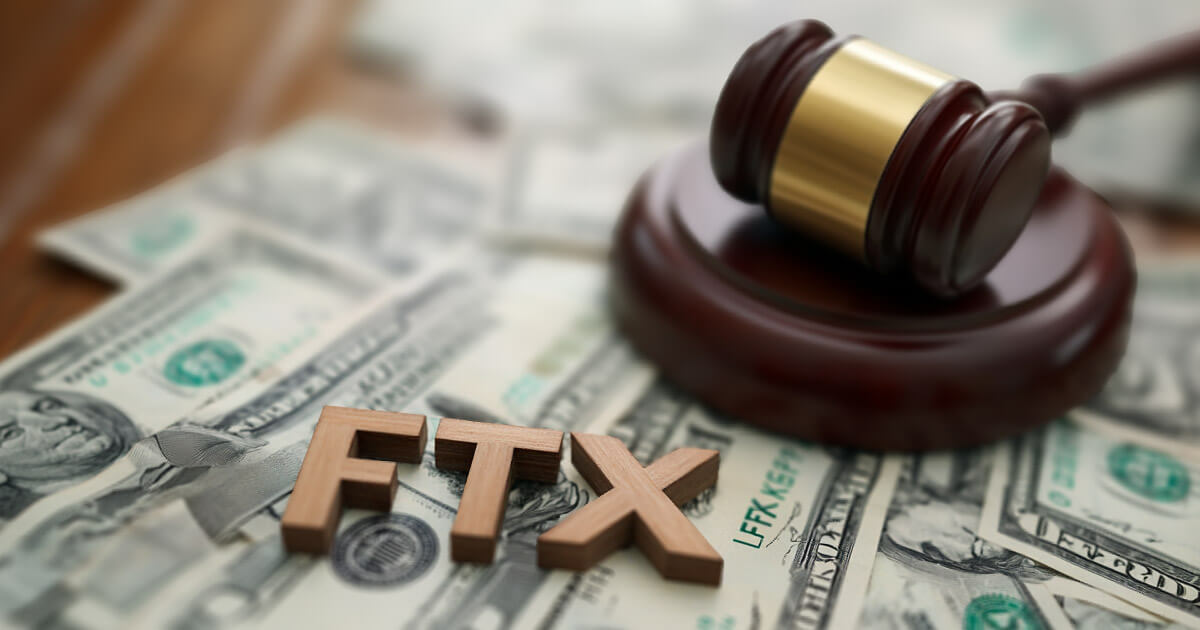The US Securities and Exchange Commission (SEC) has issued a filing expressing concerns over the proposed repayment strategy in the ongoing FTX bankruptcy case.
The plan, which includes repaying creditors through stablecoins or other digital assets, has prompted the SEC to reserve the right to challenge these transactions under federal securities laws.
The move has drawn criticism for potentially prolonging the process.
SEC filing
In an Aug. 30 court filing, the SEC stated that while it is not currently issuing a definitive legal opinion on these transactions, it reserves the right to challenge their legality in the future.
The filing has added another layer of uncertainty to the already complex FTX bankruptcy, which involves liquidating the company’s assets to repay thousands of creditors after the exchange’s collapse in November 2022.
The SEC’s filing also included a request to remove a discharge provision from FTX’s Chapter 11 Plan. This provision would have shielded the company from certain future legal liabilities, a move that the SEC argues could prevent full accountability in the bankruptcy process.
By reserving the right to object to the plan, the SEC is signaling its intent to closely scrutinize how FTX intends to liquidate and distribute its remaining assets.
Criticism
The SEC’s approach in the FTX case has drawn sharp criticism from the industry, with many arguing that the agency’s actions may lead to unnecessary delays and further complicate the bankruptcy process.
Coinbase chief legal officer Paul Grewal slammed the regulator’s lack of clarity in a series of tweets on Sept. 2. Grewal pointed out that while the SEC has not outright declared the use of stablecoins for creditor repayments illegal, it has left the door open to future legal challenges, creating an environment of uncertainty.
He added:
“Why provide clarity to the market when threats and aspersions will do? Investors, consumers, and markets deserve better. Way better.”
Grewal’s comments reflect a broader frustration within the crypto industry over what is perceived as the SEC’s inconsistent and sometimes opaque regulatory approach. Furthermore, some argue that this would unnecessarily delay the bankruptcy proceedings and prolong the financial hardship for creditors.
Meanwhile, the agency’s reservations regarding the use of stablecoins in creditor repayments highlight ongoing debates about whether these digital assets should be treated as securities under federal law.
If the SEC were to challenge FTX’s use of stablecoins successfully, it could set a precedent that impacts other companies and creditors involved in similar bankruptcy proceedings.
The post FTX bankruptcy faces new hurdles as SEC flags repayment concerns appeared first on CryptoSlate.
Read More: FTX bankruptcy faces new hurdles as SEC flags repayment concerns – BitRss – Crypto World
Disclaimer:The information provided on this website does not constitute investment advice, financial advice, trading advice, or any other sort of advice and you should not treat any of the website’s content as such. coinzoop.com does not recommend that any cryptocurrency should be bought, sold, or held by you. Do conduct your own due diligence and consult your financial advisor before making any investment decisions.


